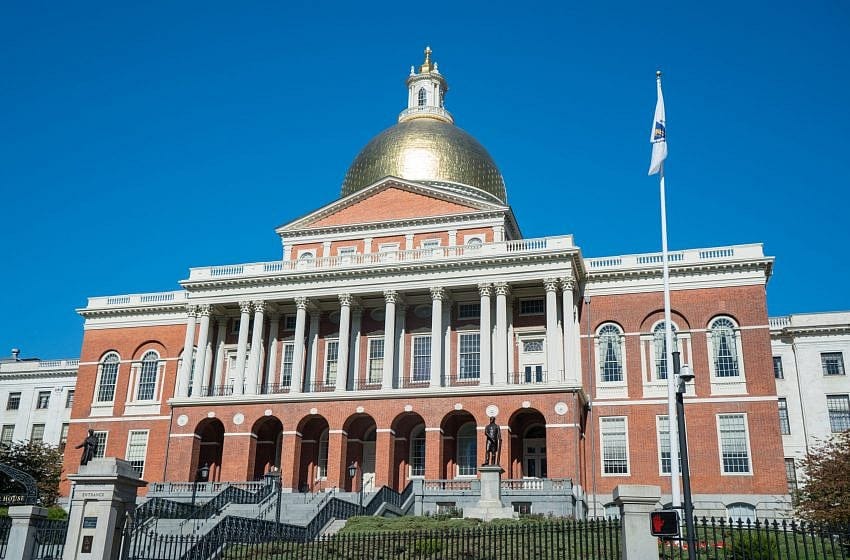State’s Highest Court Sides With GOP on Signature Requirements in Massachusetts Races

For political candidates in Massachusetts this year, getting on the ballot presents more of a problem than usual, because during the coronavirus emergency candidates and their surrogates can't approach people in public places to ask for signatures the way they usually would.
Although the coronavirus pandemic makes it impossible for candidates to campaign as they normally would, Massachusetts Senate Democrats this week rejected an amendment proposed by Republican state Senator Ryan Fattman of Webster that would have cut the signature requirement for candidates for the state legislature.
